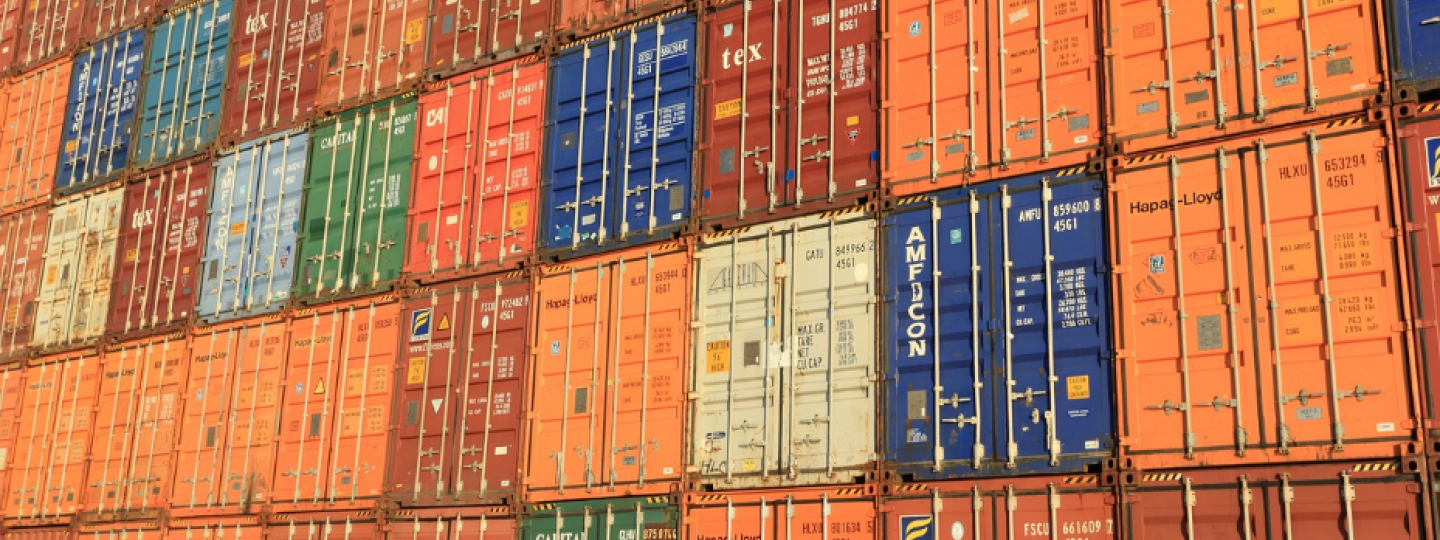The Sea4Value Smart Terminals project and two newly published articles explore the role of digitalisation in the context of harbour environments and its potential in the transformation of business models in RoPax ports.
Digitalisation and increased levels of autonomy in transport are expected to take leaps forward in the coming years, which formed the bases for the Sea4Value Smart Terminals (SMARTER) project. Conducted from 2021 to 2023, the SMARTER project aligned with the national strategies and programs highlighting the vital role of good maritime connections for the competitiveness of Finland’s businesses, economy, and its society.
The mission of SMARTER was to create replicable models for digitalisation, service innovation and data usage and sharing in harbour environment and prepare for the future by taking steps towards smart and autonomous maritime transportation. Its main objectives, reducing emissions through optimized port logistics and enhancing the flow and experience for passengers and cargo, were addressed under five work packages - business transformation, analytics, data management, sensors and connectivity, and immersive technologies like VR/AR. SMARTER set out to address three operational challenges: accelerating ship turnaround times, streamlining truck traffic within ports, and optimizing the movement of people.
The program consortium included nine companies: ADE, Ahola Digital, Awake.AI, Brighthouse Intelligence, Fimpec, Lingsoft, Nodeon, Teleste, VISY and five research organisations: Novia University of Applied Sciences, Turku University of Applied Sciences, University of Jyväskylä, University of Turku and Åbo Akademi University. The Ports of Turku and Helsinki served as supporting partners in Sea4Value program. Program management and facilitation was done by DIMECC. The project was funded by the consortium partners and Business Finland.
The Centre for Collaborative Research at the University of Turku participated in WP1 Business transformation, led by the Åbo Akademi University, aiming to comprehend the need and potential for digitalization in RoPax ports and assess the impact of digital solutions on the value creation of various port stakeholders. The main outcome of the study is a typology of the digital solutions covering the following capabilities: communication, visualisation, monitoring, control and automation, prediction, optimisation that was divided into the three layers of digitalising port operations: infrastructure, service, and system layer (SMARTER final report). This typology identifies the trends in digitalising RoPax ports and reveals new technological opportunities.
The results of the study carried out under the WP1 Business Transformation became a resourceful basis for enlarging the scope of the SMARTER project and intensifying the collaboration between the Laboratory of Industrial Management at Åbo Akademi University and the Centre for Collaborative Research at University of Turku. By involving port authorities from other countries in Northern Europe two research teams investigated the relationships between digitalisation and business model changes in RoPax ports. This work resulted with 2 publications capturing the main outcomes of the study. The study with port authorities in Northern Europe enabled to build an understanding of the potentiality the digitalisation brings into the business models of RoPax ports. The current changes the digitalisation brings into the business models of port authorities concern port operation integration within logistics chains, communication, documentation flow, and cargo flow optimisation. However, the digitalisation could bring more potentials for business expansion and diversify value propositions.
Kristel Edelman, a UTU researcher at the SMARTER project, remarked, “We became aware of that port authorities have made several steps for embedding digitalisation into their business models. This is significant to consider, as they play a key role as ecosystem integrators. Although, the current digitalisation process is still fragmented, we expect the role of the digitalisation to become more prominent in a near future, supporting profound changes in the business models of RoPax ports.”
Further information about the study involving port authorities in Northern Europe can be found in the following articles:
Chen, Y., Tsvetkova, A., Edelman, K., Wahlström, I., Heikkila, M., & Hellström, M. (2024). How does Digitalisation Transform Business Models in Ropax Ports? A Multi-Site Study of Port Authorities. Journal of International Technology and Information Management, 32(1), 162-189.
Chen Y., Tsvetkova A., Edelman K., Wahlström I., Heikkilä M., & Hellström M. (2023). The Role of Digitalisation in Changing the Business Models in Logistics: Case of RoPax Ports. In: Pucihar A., Kljajić Borštnar M., Bons R., Ongena G., Heikkilä M., & Vidmar D. (Eds.). 36th Bled eConference – Digital Economy and Society: The Balancing Act for Digital Innovation in Times of Instability. Maribor: Bled eConference, pp. 49-66.


